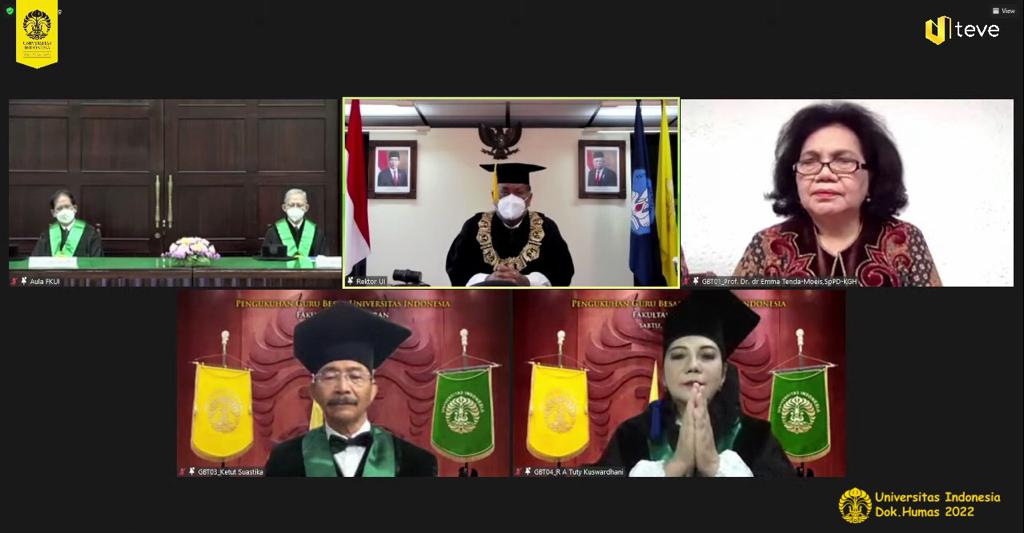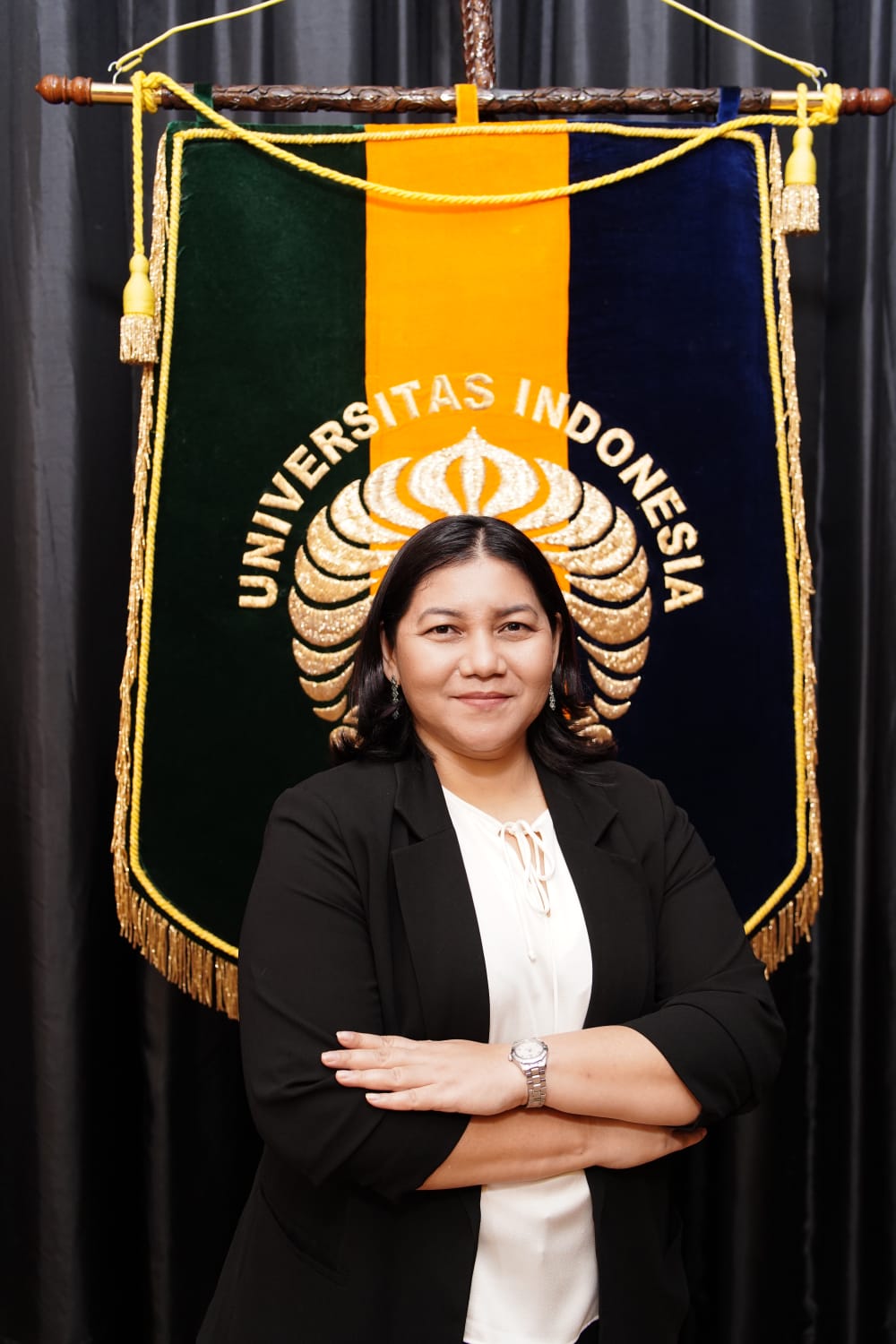
Writer: Vinny Shoffa
Mycobacterium tuberculosis complex is the organism that causes tuberculosis. Although its spread rate is quite high in Indonesia, there is still a group of mycobacteria that is not well known by the medical world. It is nontuberculous mycobacteria (NTM). Other terms for NTM are mycobacteria other than tuberculosis, atypical mycobacteria, and environmental mycobacteria.
“NTM infection has not been well recognized by medical personnel, so data on its prevalence in Indonesia is not yet known. The challenges in diagnosing NTM infection are related to the clinical and radiologic symptoms that resemble tuberculosis infection, which requires bacterial culture to determine the species. Furthermore, the diagnosis of pulmonary NTM can only be established if a positive culture examination of NTM is obtained from 2 different specimens,” said Prof. Dr. Cleopas Martini Rumende SpPD-KP, in her inaugural speech entitled “Nontuberculous Mycobacteria Infection, Challenges in Diagnosis and Management in Indonesia”, on Saturday (15/01).
Another challenge in managing the diagnosis of NTM is data. In treating NTM, says Cleopas Martini, data is absolutely necessary to determine the type of management required and will also affect the type of antimicrobial that should be given. In the management of pulmonary infection due to NTM, it is necessary to consider whether or not there is a risk of worsening the infection and also to determine the appropriate time to start treatment.
To overcome these challenges, a new molecular screening technique is needed, namely whole genome sequencing. With this technique, human-to-human transmission of NTMs can be more easily detected, so it can be carried out down to the culture species level.
 According to Cleopas, with this method, diagnosis and treatment of patients can be done early with the right method. “Based on the data of this study, with this method, 40% – 60% of the disease does not worsen until several years after diagnosis even without treatment. Furthermore, 40 – 50% of these patients will also experience sputum conversion that occurs spontaneously even without treatment,” he said.
According to Cleopas, with this method, diagnosis and treatment of patients can be done early with the right method. “Based on the data of this study, with this method, 40% – 60% of the disease does not worsen until several years after diagnosis even without treatment. Furthermore, 40 – 50% of these patients will also experience sputum conversion that occurs spontaneously even without treatment,” he said.
The inauguration was broadcast live virtually through the Universitas Indonesia Youtube channel and was attended by various invited guests, including Dr. Nafsiah Mboi, SpA (Minister of Health of the Republic of Indonesia, Period 2012 – 2014), Dr. Dhaniswara K. Harjono, SH, M.H., MBA (Rector of Universitas Kristen Indonesia), and Dr. Lies Dina Liastuti, SpJP(K), MARS, FIHA (President Director of Cipto Mangunkusumo Hospital). Professors from other universities were also present, including Prof. Dr. dr. Emma Sy Moeis, SpPD-KGH (Professor of the Faculty of Medicine, Sam Ratulangi University), and Prof. Dr. dr. Ketut Suastika, SpPD-KEMD (Professor of the Faculty of Medicine, Udayana University, Bali).
Prof. Dr. Cleopas is currently a staff member of the Respirology and Critical Illness Division of Internal Medicine Faculty of Medicine (FM) of Universitas Indonesia (UI) and Professor of Internal Medicine FM UI . In 1988, he completed his medical degree at Universitas Kristen Indonesia. Then, he continued his education at the Faculty of Medicine, Universitas Indonesia, for the education of internal medicine specialist (1998), internal medicine specialist consultant pulmonology (2000), and successfully earned his doctorate in 2008.
He has published several titles of scientific papers in the field of internal medicine specialist studies, including The Association of Carcinoembryonic Antigen and Cytokeratin-19 Fragments 21-1 Level with One-Year Survival of Advanced Non-Small Cell Lung Car-cinoma at Cipto Mangunkusumo Hospital: A Retrospective Cohort Study (2020), The Importance of Chest CT Scan in COVID-19: A Case Series (2020), Relationship between Blood Flow Rate and Quality of Life in Patients Undergoing Hemodialysis (2019), and The Benefit of Interferon-Gamma Release Assay for Diagnosis of Ex-trapulmonary Tuberculosis (2018).



